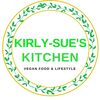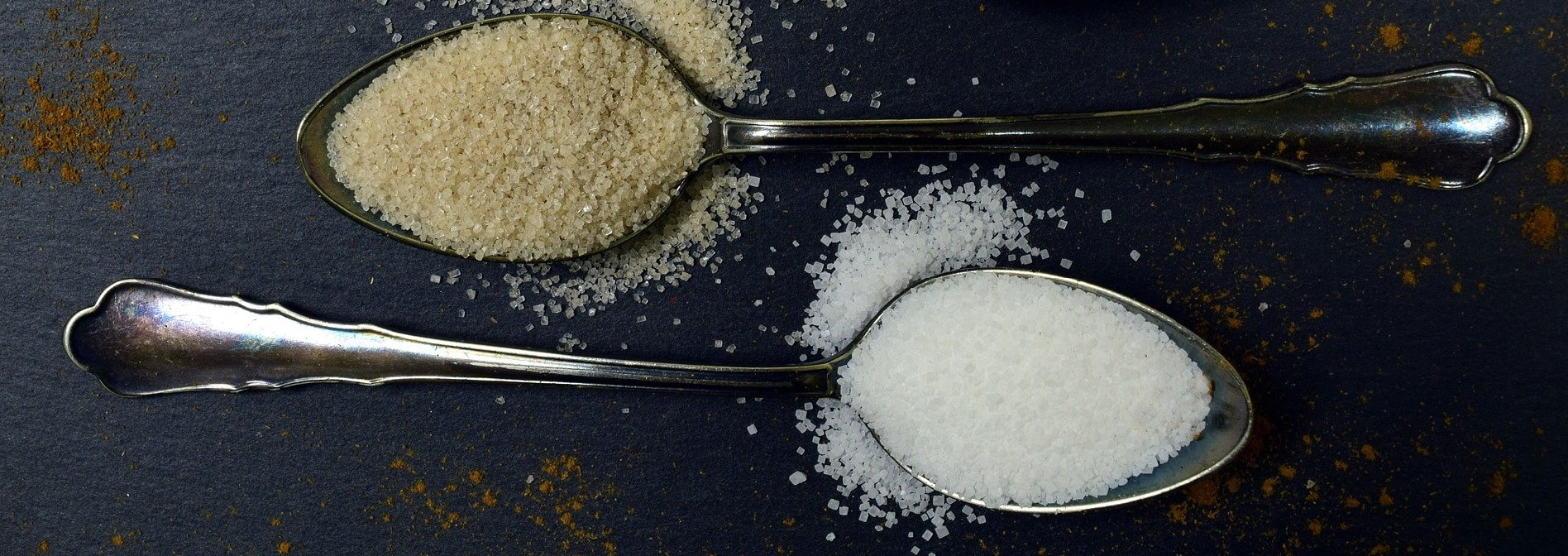|
In the 1970s the food and beverage industry in the USA discovered a cheap alternative to sugar cane and sugar beet extracted sugar, by chemically modifying corn starch from glucose to fructose. In 1976, when HFCS (High Fructose Corn Syrup) could be mass produced, the cost advantage to the industry was so compelling, that consumption of HFCS increased by 4,000% until the year 2000 when the use of table sugar decreased by 35%. Westerners consume more HFCS than sugar, according to the Weston Price Foundation website.
Check the label of your favourite soft drink, and, unless it is the Aspartame and Sucralose variety, you are likely to find HFCS or High-Fructose Corn Syrup listed as a primary ingredient after water. Since soft drink giants Coca Cola and Pepsi switched from sugar to HFCS in 1984, these products have conquered markets beyond beverages, HFCS is in most processed foods and even health foods and sports drinks. Not only is it found in biscuits, sweets, and other confections, but also in foods where one would least expect to find sugar: soups, hot dogs, pasta sauce, ketchup, breakfast cereals, hamburger buns and even salad dressings, I must confess that I do have a sweet tooth. As a child I loved sweets and at school I was the biggest fans of golden syrup sponge with custard. I remember that on one occasion the dinner lady asked if anyone one would like a second helping as they had some leftover. (you know they didn’t have to ask me twice). I was even more enlightened when the dinner lady asked again if anyone would like a third helping. No prizes for guessing what my response was. As an adult I realised that sugar comes in many hidden forms and can cause many different health problems. Even if you don’t eat chocolates and sweets and rarely eat desserts, you can still be consuming many hidden sugars. Sugar has many different names including sucrose, fructose, glucose, dextrose, galactose, lactose, maltose, invert sugar, raw sugar, turbinado sugar, corn syrup, and high fructose corn syrup. In addition many products may also contain honey, maple syrup, molasses, caster sugar and brown sugar. These are all a type of sugar and some are marketed so that consumers can believe that it is not sugar at all. There are many articles about sugar and how to avoid it but there seems to be less information on what to have instead. So here are some good healthy substitutes you can use instead. Sugar can be easily replaced when for example baking, using fruits like: banana, apple sauce, raisins, figs and dates. Sweeter tasting vegetables can also be used like carrots and parsnips. Fruits and vegetables add valuable nutrients when baking including vitamin C and minerals like potassium. Another added benefits is that fruit and vegetables add moisture, density and fibre.
1 Comment
24/2/2023 04:09:53 am
The prevalence of High Fructose Corn Syrup (HFCS) in our food and beverages is certainly a cause for concern. While it may be a cheaper alternative to sugar, its increased consumption over the years has been linked to various health problems such as obesity, diabetes, and heart disease. It's important to check food labels and be aware of the different names that sugar can take, including HFCS. Fortunately, there are healthier substitutes available such as using fruits like banana and apple sauce in baking, as well as sweet-tasting vegetables like carrots and parsnips. These substitutions not only add valuable nutrients but also contribute to the texture and flavour of baked goods. It's important to be mindful of our sugar intake and make informed choices to maintain a healthy diet.
Reply
Leave a Reply. |
AuthorKirly-Sue Archives
December 2023
Categories
All
|



 RSS Feed
RSS Feed